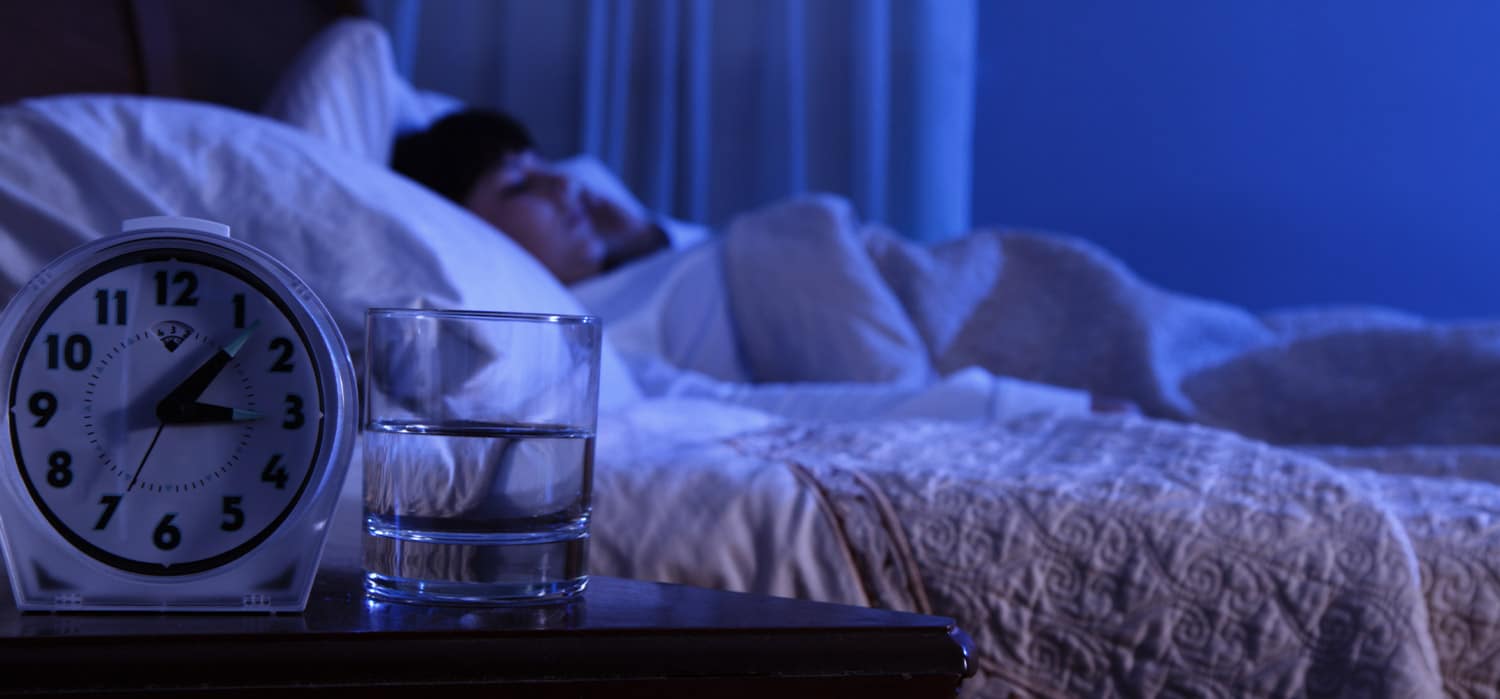Does your mouth get dry at night? You are not alone – dry mouth is a common condition, especially in people over the age of 65.
Dry mouth, also known as xerostomia, happens when your mouth does not produce enough saliva. Several conditions can contribute to dry mouth. Fortunately, you can prevent dry mouth at night.
Saliva serves several important functions. It helps with chewing and swallowing by adding liquid to food, for example, and enhances the flavor of your food. Saliva helps break down the starches in the food you eat. Saliva moisturizes the inside of your mouth, which helps you speak more clearly.
Dry mouth can make tasting, speaking, and swallowing harder. Lack of saliva can also cause bacteria to stick to your teeth, which can lead to tooth decay and gum disease. Dry mouth at night can allow bacteria to linger on your teeth for hours.
Dry Mouth Isn’t a Disease
Patients are often surprised when they find out that dry mouth is not a disease – it is a symptom of something else. A number of factors can cause dry mouth. For many patients, dry mouth is the result of many factors. The use of certain medications, such as antihistamines and some blood pressure drugs, can cause dry mouth. Some medical conditions, including diabetes and Parkinson’s disease, can decrease saliva production. Exposure to radiation, like that used to treat cancer, can cause dry mouth. Certain lifestyle choices, such as smoking, can also cause your mouth to feel dry.
How to Prevent Dry Mouth at Night
Address underlying health issue
The best cure for dry mouth is to address the underlying health issues that contribute to it, of course, such as quitting smoking.
Drink water during the day
Staying hydrated during the day can help you avoid dry mouth at night.
Chew sugar-free gum
Chewing sugar-free gum stimulates saliva production to rinse away bacteria from the surface of your teeth.
Brush with a fluoride toothpaste
If you have dry mouth at night, you may have an increased risk of tooth decay. Counteract the cavity-forming effect of dry mouth by brushing with fluoride toothpaste.
Use mouthwashes, toothpaste, and rinses made just for dry mouth
Many dental products contain alcohol or other ingredients that can cause dry mouth. Fortunately, a number of commercially available alcohol-free products contain ingredients that soothe a dry mouth and remineralize teeth to help prevent enamel loss and tooth decay.
Use an artificial saliva product prescribed by your dentist
Artificial saliva temporarily moistens and lubricates your mouth to relieve dryness and stickiness in your mouth. It also creates a protective film that protects the tissues inside your mouth from the trauma dry mouth can sometimes cause.
Avoid spicy or acidic foods
Lack of saliva leaves your mouth vulnerable to discomfort or damage from acidic or spicy foods. Without saliva to wash it away, the acid in food can break down tooth enamel. The lack of saliva can also make spicy foods seem even hotter.
Limit alcohol
Alcohol is a diuretic, which means it causes your body to get rid of fluid by urinating more often. Drinking a lot of alcohol can cause dehydration that can worsen dry mouth while you sleep.
Quit smoking
The nicotine in tobacco reduces the flow of saliva. Smoking can also thicken saliva, which reduces the protective effects of saliva.
Change your medications
Ask your doctor about changing your medications, if possible. Your doctor might also suggest ways to reduce the dosage of medications that cause dry mouth. Your doctor might suggest lowering your blood pressure by losing weight, changing your diet, and exercising more, for example, which would allow you to take lower doses of your blood pressure medicine.
Use a humidifier
Humidifiers increase the relative humidity in your bedroom to soothe the symptoms of dry mouth.
Have water and ice chips by your bed
Nothing is more refreshing than a cool drink of water at night, especially if you have dry mouth.
For more tips on preventing dry mouth at night, consult with Triangle Dentistry. We are also glad to help you determine the source of your dry mouth, and look for signs of tooth decay or other effects of dry mouth. Triangle Dentistry is always here to help.
Triangle Dentistry, located in Raleigh, NC, provides a state-of-the-art facility that offers exceptional general dental and specialty services guided by empathy of a patient’s needs and desires. Services range from dental crowns to veneers and whitening procedures. For further information, questions, or to schedule an appointment, contact the office at (919) 847-6000
